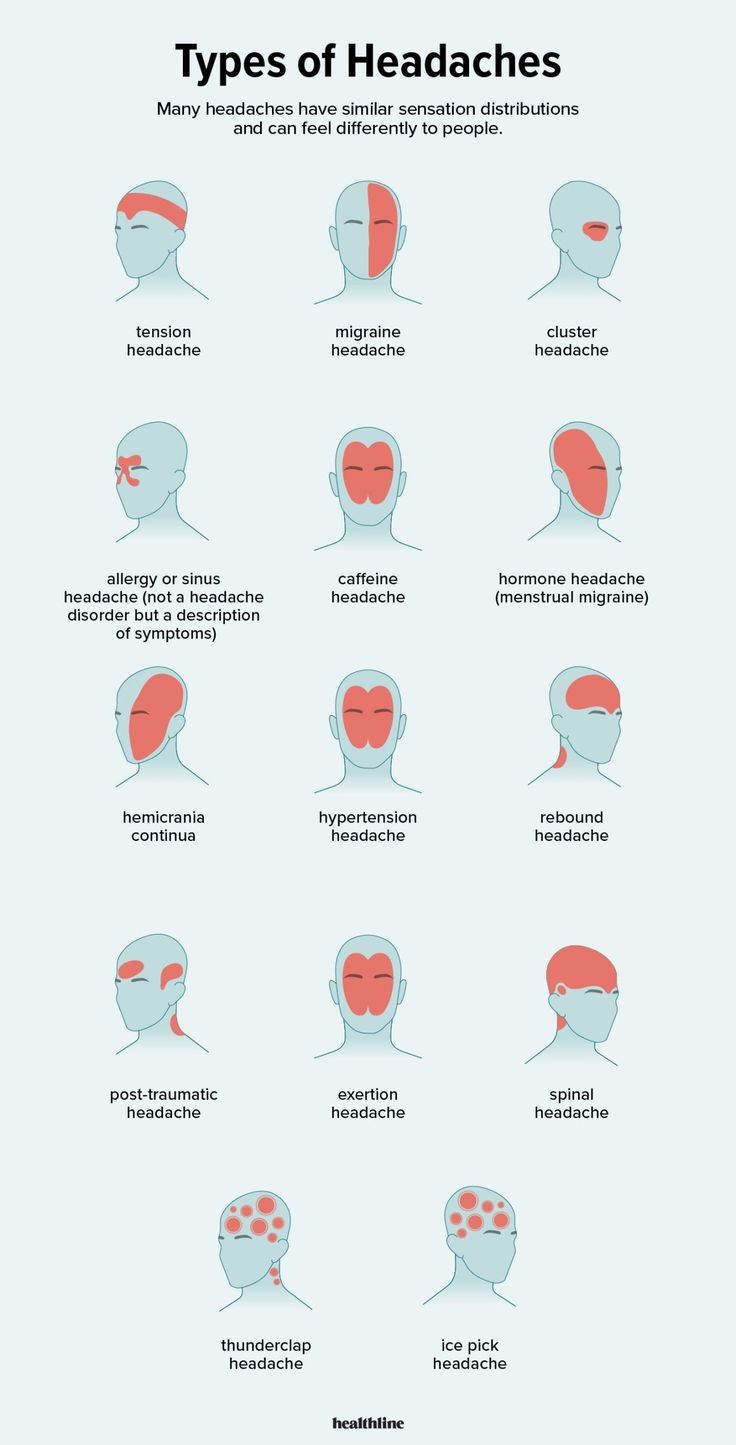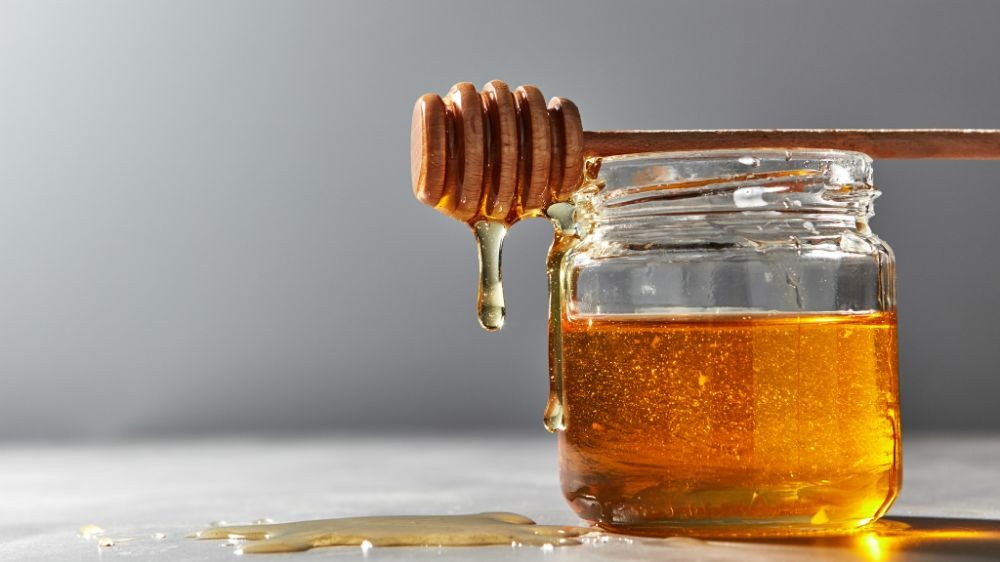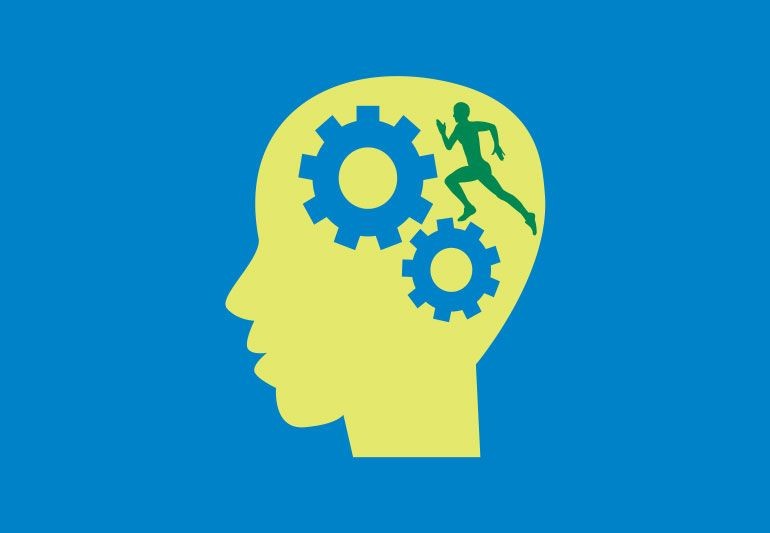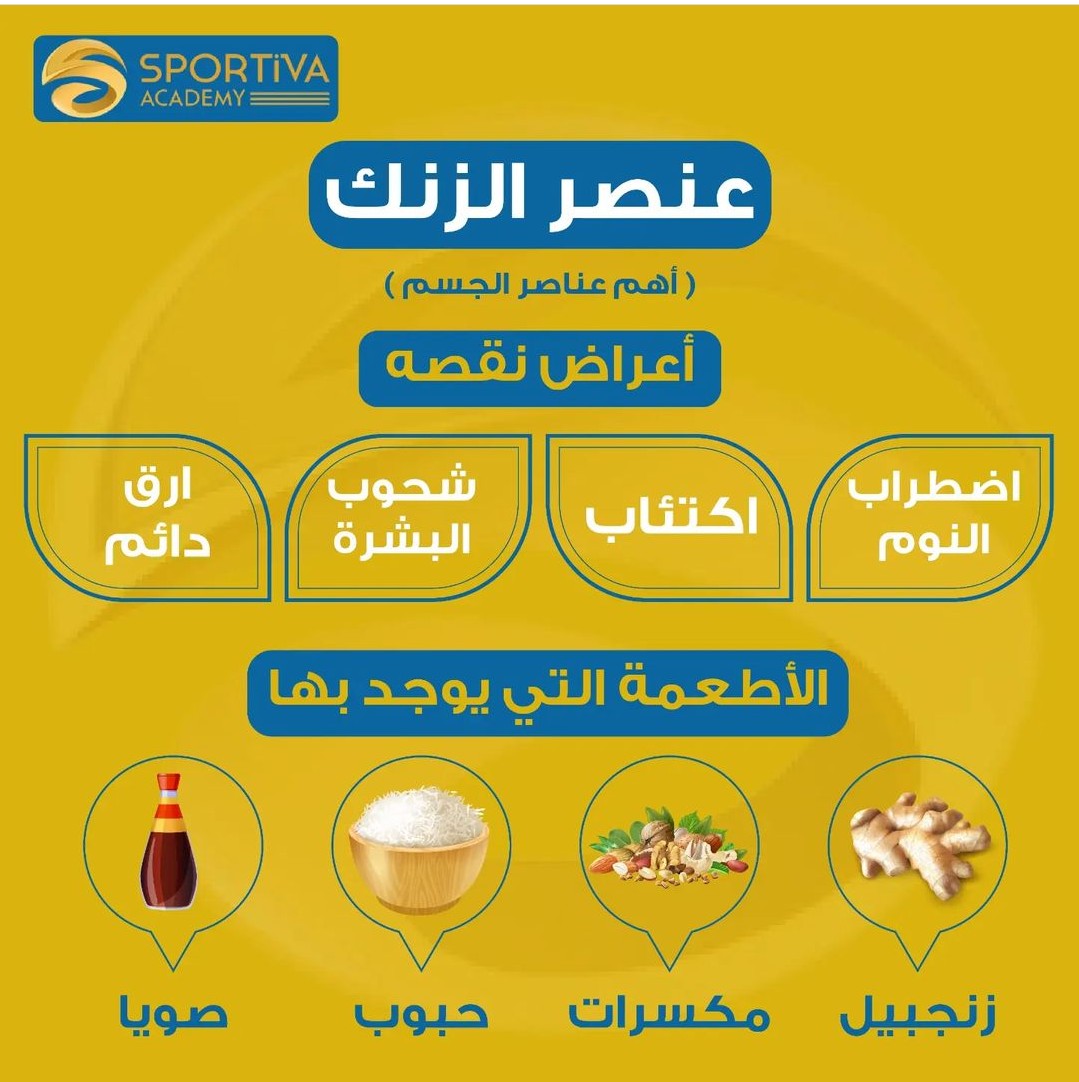
Headache is one of the most common health-related
conditions in Australia, with around 15 per cent of us taking pain-relieving
medication for a headache at any given time. It is likely that nearly all of us
will experience headache during our lifetime. People of any age can be
affected, but people between the ages of 25 and 44 years are more likely to
report having a headache.
There are different types of headache and many
different causes, which explains why the condition is so common. Most headaches
have more than one contributing factor. Some of the more common triggers for
headache are lifestyle related, such as poor diet, stress, muscle tension, and
lack of exercise. Serious underlying disorders, such as brain tumours, are
rarely the cause of headache, although persistent headache should always be
investigated by a doctor.
Headache can be classified into two broad
categories: primary and secondary. Examples of primary headache include cluster
and tension headaches. Secondary headaches are triggered by an underlying
disorder – such as infection, injury or a tumour – and are a side effect of the
main illness.. Anything
that stimulates the pain receptors in a person’s head or neck can cause a
headache, including:
stress muscular
tension dental
or jaw problems infections. diet. eye
problems. hormonal
influences medications disorders
of the ear, nose or throat disorders
of the nervous system injury
to the head, neck or spine. high
blood pressure
According
to some studies, what we eat and when we eat it can play a significant role in
headache. Different causes of diet-related headache include: fluctuations
in blood-sugar levels, which can lead to spasm of the arteries in the head
caffeine
withdrawal, commonly caused by regular and excessive consumption of coffee or
tea .food
additives, such as MSG (monosodium glutamate) .naturally
occurring chemicals in foods, such as amines. Some
other foods can cause headache in susceptible people. It is important to seek
professional help. Self-diagnosis of food sensitivities can result in
unnecessary diets that may not work. It’s a good idea to keep a diary of what you ate or drank in the 24 hours
before a headache. This gives clues to the triggers of food-related headache.
Healthcare professionals who may be able to help include a doctor, dietitian or
naturopath.
Comments (0)
Recent posts

.jpeg)
Overthinking
12 Dec 2022
Improve your memorey
12 Dec 2022
اهمية عنصر الزنك
8 Dec 2022.jpeg)



